
Invitation to tender: Small grants programme
An opportunity to work with us to develop and deliver a pilot small grants programme for community organisations tackling health inequality.
Comment and analysis on key issues on ethnic health inequalities in health and social care.

An opportunity to work with us to develop and deliver a pilot small grants programme for community organisations tackling health inequality.

A 16-month programme aimed at closing the ethnicity gap in bullying, harassment and abuse claims has been announced by the NHS Race and Health Observatory.

Responding to the government’s new measures outlined to tackle antisemitism and racism across government and the NHS, Professor Habib Naqvi, chief executive of the NHS Race and Health Observatory, said:
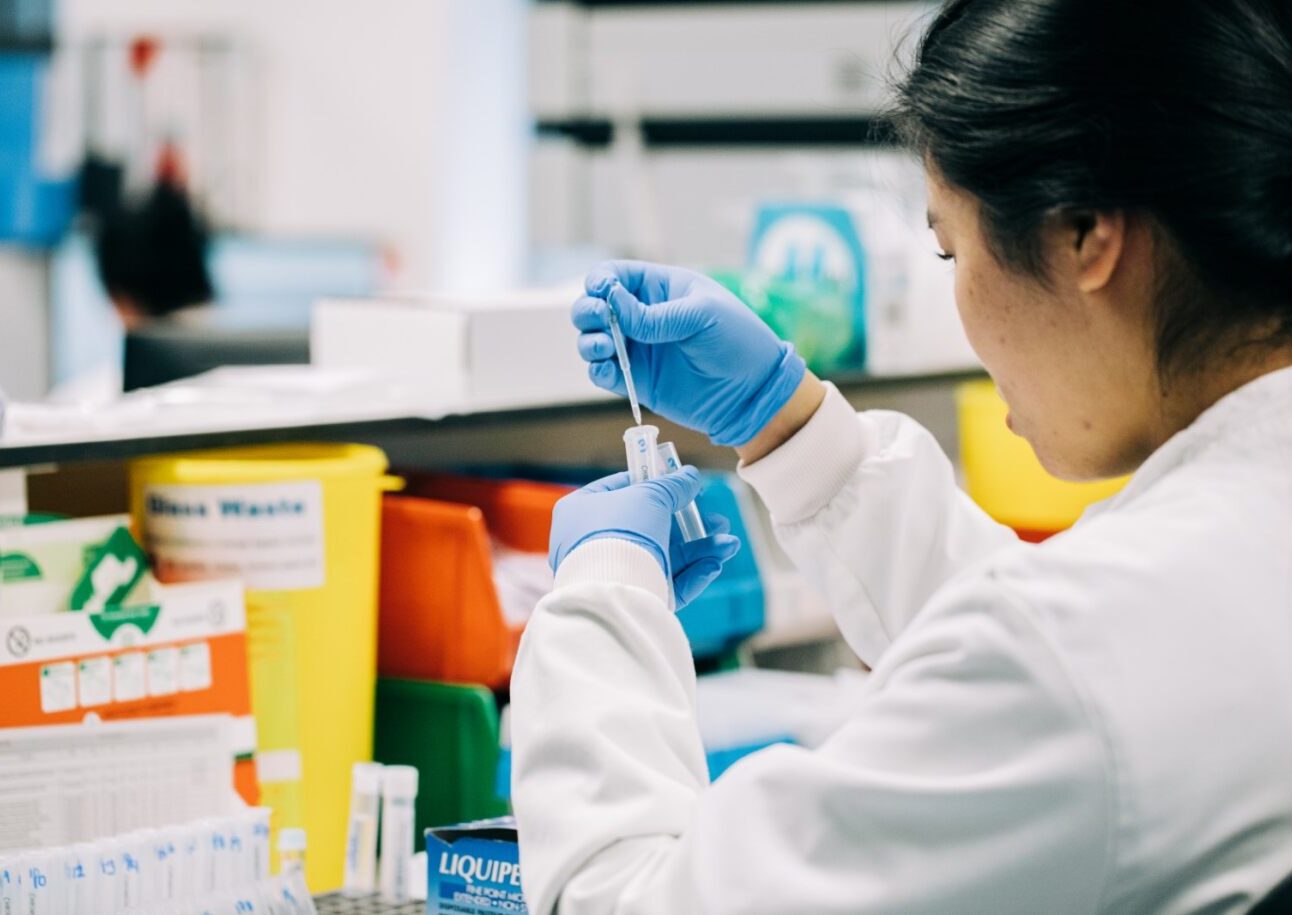
A strategic partnership with the NHS North Thames Genomic Medicine Service (NT GMS) designed to ensure better access, understanding and information to genomic medicine and research has been announced by the NHS Race and Health Observatory.
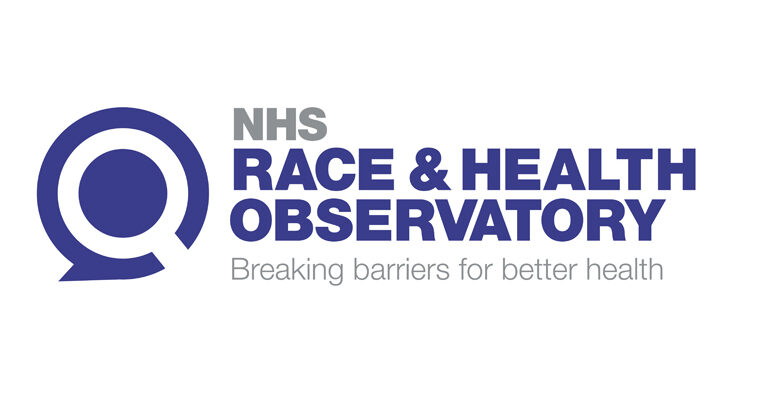
In the aftermath of Hurricane Melissa which has brought devastation across Jamaica, the NHS Race and Health Observatory extends its heartfelt condolences and unwavering support to all those affected.
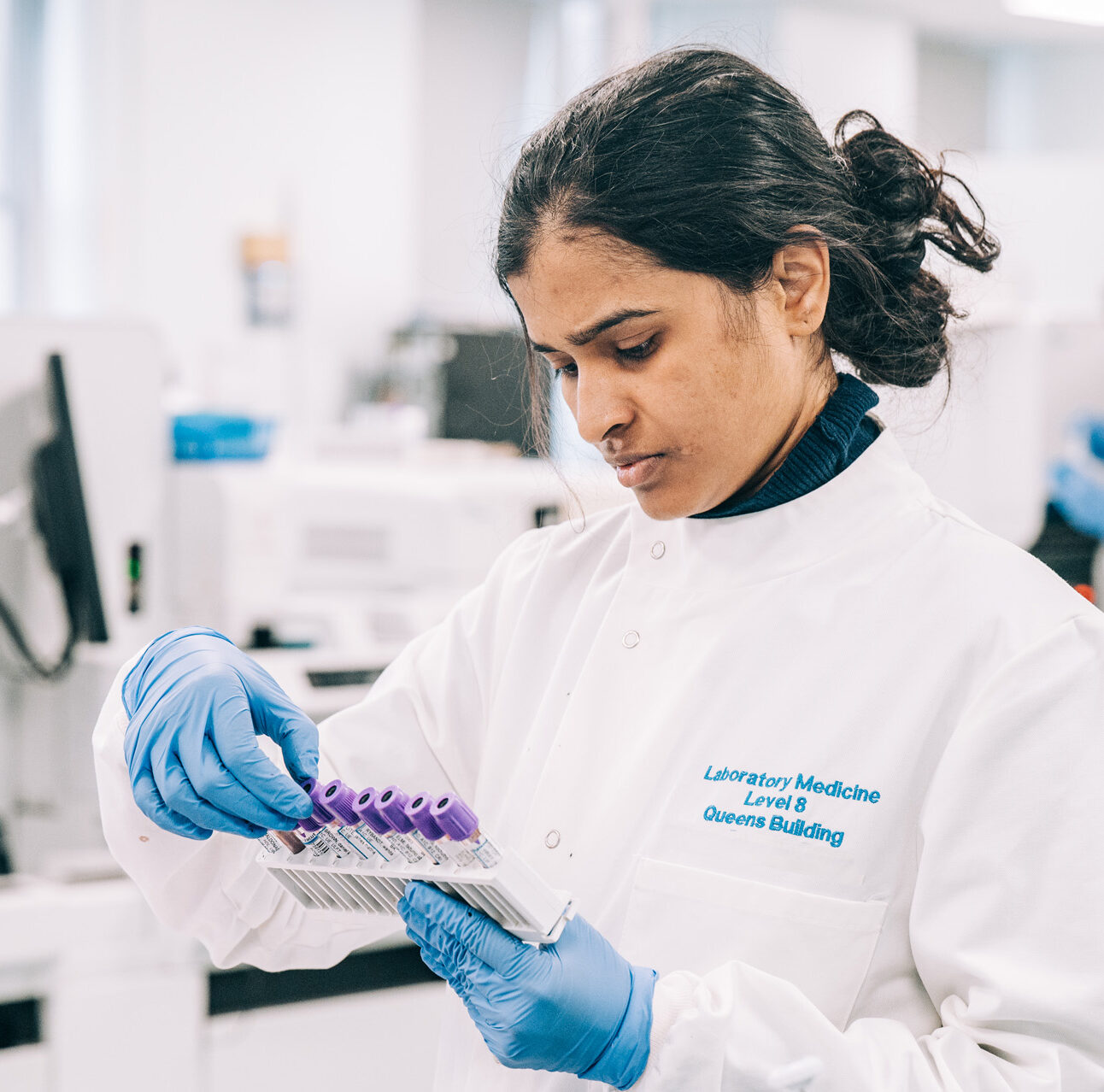
An ethnic minority nurse dedicated to supporting breast cancer patients officially starts a new role this month following a project to increase diversity and raise awareness and support of breast cancer clinical trials.

An opportunity to work with us to explore and quantify the costs of racial inequity in maternal and neonatal care in England.

An opportunity to work with us to review routes of access for dementia diagnosis and care services in England.
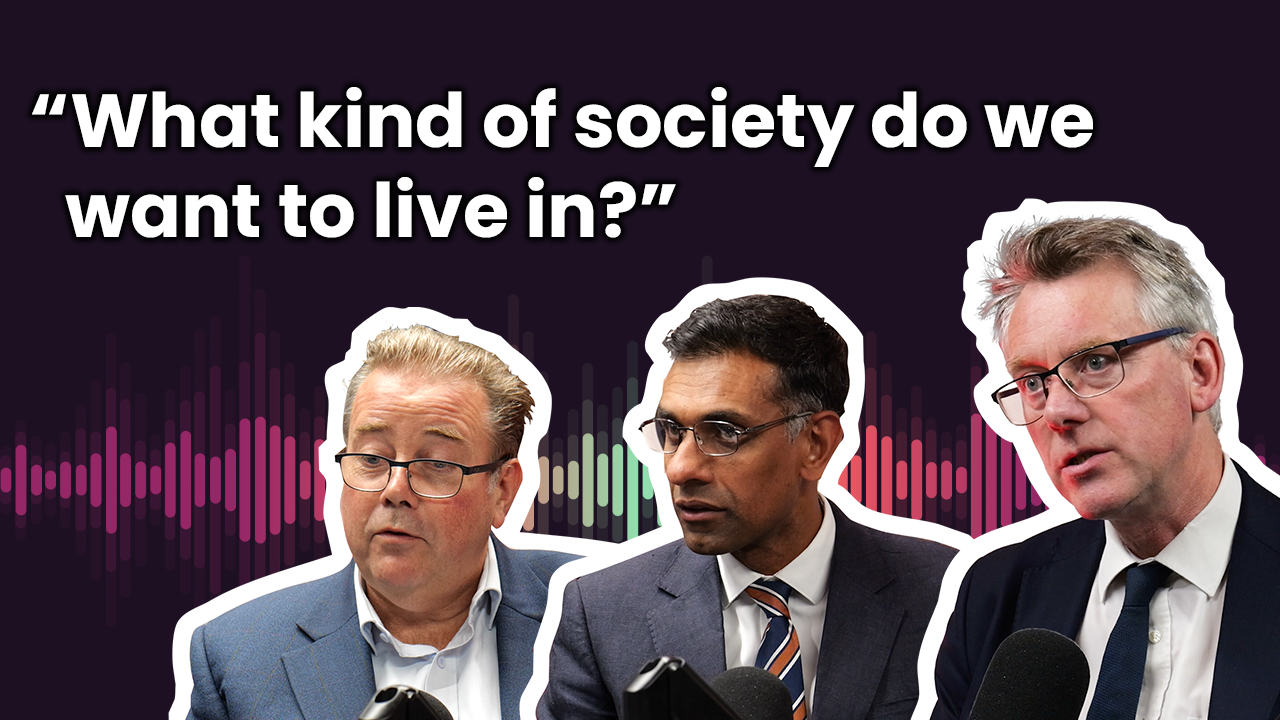
Professor Habib Naqvi, RHO chief executive speaks alongside Sir Julian Hartley, chief executive of the CQC and Charlie Massey, chief executive of the GMC on the Voices of Care podcast.
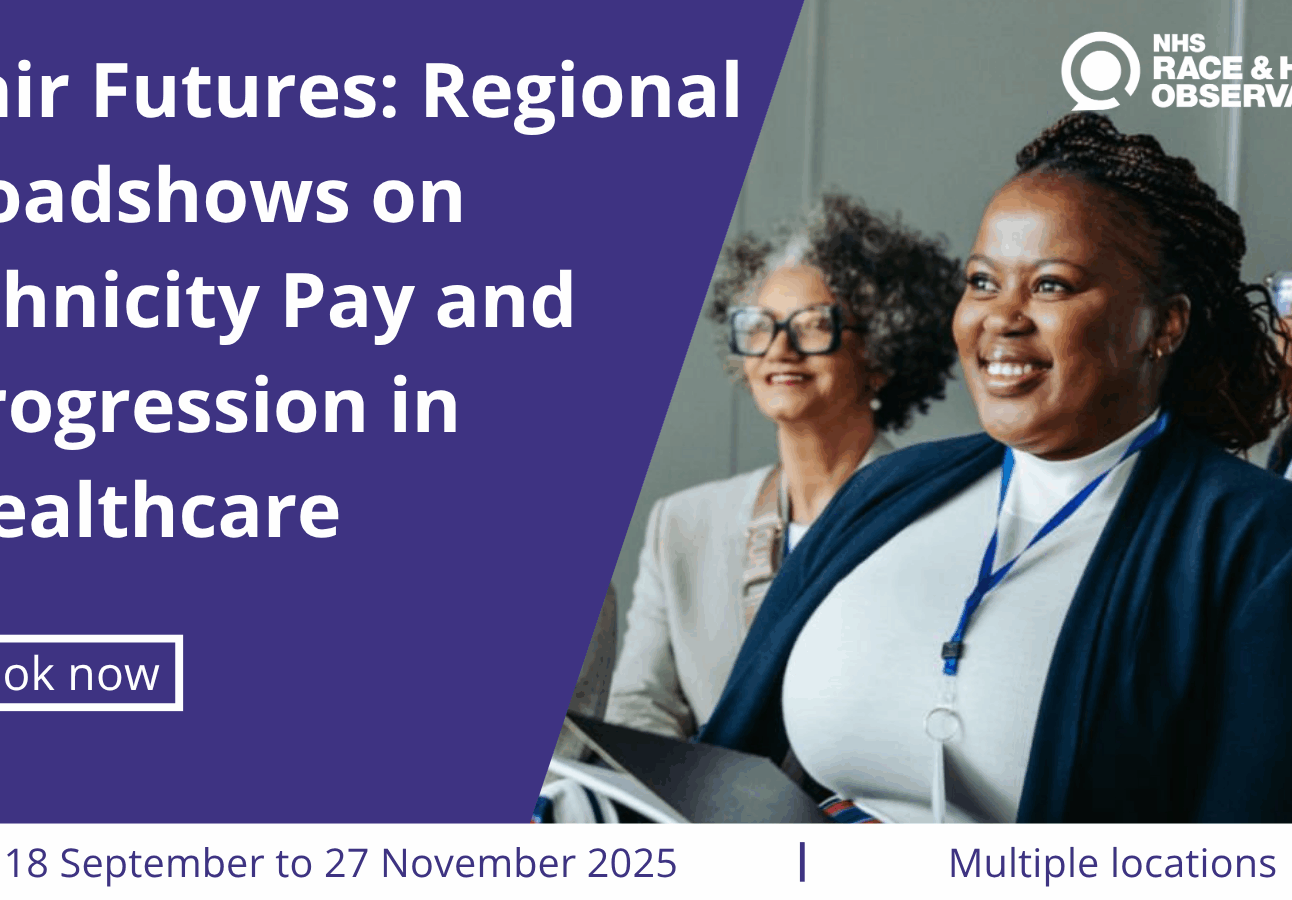
A series of national and regional roadshows launch in Manchester this week to address the ethnicity pay and progression gap impacting the NHS workforce.

Responding to publication of the full Terms of Reference for the maternal investigation into 14 NHS Trusts, Professor Habib Naqvi, chief executive officer, NHS Race and Health Observatory, said:

An opportunity to work with us to explore and quantify the economic costs of racism and ethnic inequity in health and healthcare in England.